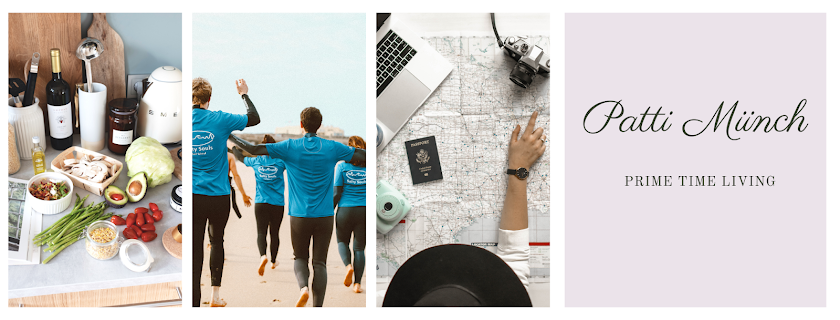“Where’s the romance?”
The literary agent sitting across leaned forward slightly, looked at me quizzically, and waited for my answer.
 “Actually, there is no romance. It’s a book about a woman who learns to find happiness despite the lack of romance in her life,” I responded.
“Actually, there is no romance. It’s a book about a woman who learns to find happiness despite the lack of romance in her life,” I responded.“But it’s expected. That’s what will give the story a happy ending.”
I wasn’t surprised by the agent’s response to my pitch for my (in-progress) novel. You see, I’d gotten the same response, almost verbatim, from a different agent a year before.
No, I wasn’t surprised.
I was disappointed.
Of course I was disappointed that when I pitched my idea neither agent showed any real interest. Any writer would be.
But it was more than that.
I was disappointed because it seems, that despite claims to the contrary in workshops, interviews, and keynote speeches, many editors don’t want something new, a plot that’s innovative. No, they want to keep churning out the same plot found ad nauseum, with the exception of mysteries and police procedurals, in women’s literature today.
If you’ve ready many women’s fiction books lately, you probably know what I mean. Does any of this sound familiar?
A newly-widowed, financially well-off woman wanders through her too-empty house or a woman discovers that her husband is leaving her for a younger woman with whom he has been having an affair.
After spending most of her adult life as a wife, and perhaps a mother, and facing an uncertain future, she decides — or her circle of 2-3 very close friends point out to her — that she needs to rediscover the woman she once was and fulfill the dreams that younger version of herself.
 She heads off to a beach, probably to visit the family beach cottage she visited every summer while growing up OR she learns that Aunt Gertrude, an eccentric aunt with no children of her own, has left her a charming home.
She heads off to a beach, probably to visit the family beach cottage she visited every summer while growing up OR she learns that Aunt Gertrude, an eccentric aunt with no children of her own, has left her a charming home.Either way, off she goes. She settles in and within days sees a handsome, well-dressed man unloading groceries from a sports car at the cottage/house next door.
And yes, you know where it goes from there. They meet, sparks of interest are followed by fireworks of new-found love, and then comes trouble in the form of disgruntled children, returning exes, fear of commitment, etc. Of course, in the end, love prevails.
I have nothing against happy endings; in fact, I love a happy ending. But I also like books with characters and plots I can relate to.
But I and not a single one of the widows or divorcees I know — and I know more than a few of them — live a life even remotely similar to the protagonist in the plot outlined above.
No charming cottage. No hefty bank account. No handsome, wealthy next-door-neighbor. No fireworks. Not even a spark.
But they’re happy.
So you see, it’s not just romance that gives a life — a story — a happy ending.
A few days after the editor informed me that without romance a woman’s novel won’t sell. I came across a wonderful quote by Beverly Cleary:
“If you don’t see the book you want on the shelf, write it.”
And that is exactly what I’m doing.
So stay tuned!
Do you agree? Does a women’s literature book need romance to have a happy ending? What do you look for in a good book? Join in the conversation by sharing your thoughts via a comment.
